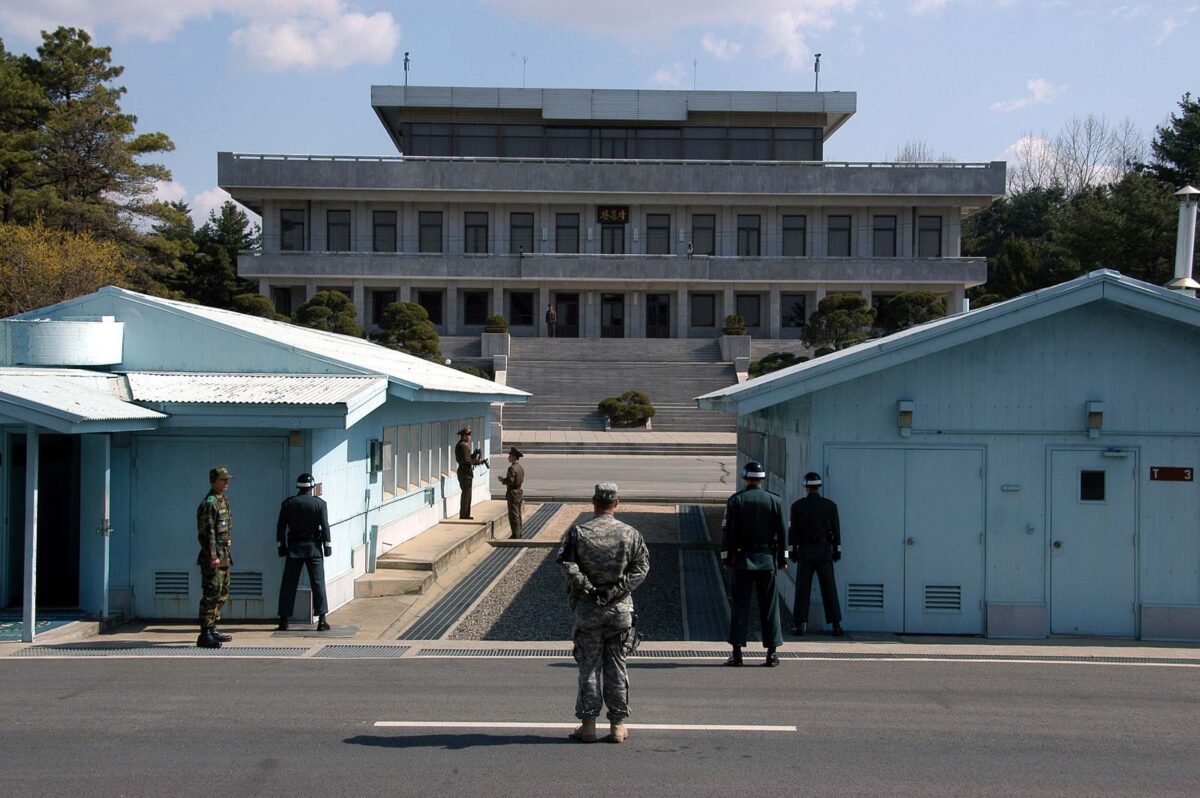An Uncertain Future for North Korean Human Rights Activism in South Korea
By Kenneth Nienhuser
The Korean Peninsula has struggled to foster peace and communication since the end of the Korean War and the South Korean government’s latest attempts to reconcile differences have left human rights organizations on the peninsula questioning their future.
Human rights and aid activist organizations in South Korea have come under intense pressure over the past year as a result of the leaflet campaign and the breakdown of communications between North and South Korea. Criminal charges, revoking of operation permits, and government inspections with stringent regulatory procedures targeting these NGOs have all been a part of The Ministry of Unification (a department of the executive branch that operates to promote the unification of the Korean Peninsula) and their pursuit to reconcile with Pyongyang following the breakdown of communications between the two governments last year. With a quickly-approaching presidential election favoring the current reigning party and the recent reopening of lines between Pyongyang and Seoul, the future of human rights organizations in South Korean society is unclear.
Along the border between North and South Korea, balloons carry rice, cash, USBs with South Korean and Chinese media, and anti-Pyongyang pamphlets north. This method is used by North Korean human rights organizations in South Korea to introduce outside news and information to a North Korean population cut-off from the happenings of the world around them, and it has been sharply criticized by both supporters of unification at home and the North Korean government. Such balloon releases have been a point of contention during negotiations between the two Koreas, with the North specifically against the spread of propaganda through methods which it cannot directly prevent.
On June 4th of last year, North Korean leader Kim Jong-Un’s sister, Kim Yo-Jung, voiced the North’s intent to close the liaison office between their governments and to cut communications with the South as a result of the leaflet campaign. In response to this threat, the MOU proposed a law to ban the release of such balloons along the border. Along with this proposition, the MOU moved forward to crackdown on North Korean human rights and aid organizations in South Korea, including those directly involved with the most recent pamphlet campaign.
Two North Korean refugee leaders of organizations for North Korean human rights and aid had criminal charges brought against them by the MOU for their involvement in the latest campaign on May 31, 2020. Park Sang-Hak, leader of Fighters for a Free North Korea, and Park Jung-Oh, founder of KeunSaem, had engaged in a balloon campaign that heavily criticized the government in Pyongyang for its nuclear hostility escalations against South Korea. The campaign in May involved flying 20 balloons carrying roughly 500,000 flyers criticizing North Korea’s nuclear threats against the South.
In addition to these criminal charges and investigation for prosecution for the founders, these two organizations were banned from operating in South Korea on the basis that they were hindering unification procedures with North Korea.
Other organizations have felt the pressure of the MOU as they have moved over the past year to make every effort to make an example of NGOs in South Korea for the sake of reconciling with the North.
These restrictions on these organizations, many of which are led by and staffed by North Korean refugees, included the requirement for organizations who were officially named by the MOU to produce a lengthy list of additional documentation. This documentation requirement is similar to the onerous process these organizations must go through to get their license in the first place to prove they are legally allowed to operate.
A short while after demanding the documentation from these organizations, the MOU moved forward with a mandate on inspections of 25 organizations that are assisting in North Korean resettlement and human rights.
These inspections were rejected in a joint statement made shortly after by these aid organizations, as they were viewed to be discriminatory and used for the purpose of ‘instilling fear’ in organizations that assisted in the promotion of North Korean human rights.
Despite this rejection, the MOU has moved forward to inspect over 100 organizations involved with North Korean aid and activism as of last October.
Flash-forward to today and it is uncertain whether these groups will be able to resume operations normally again after the crackdown. The reigning democratic party has gained momentum behind the newest candidate, Lee Jae-Myung, after his primary victory this month as well as the support the party has received for their handling of the COVID19 pandemic and the recent scandals involved with the conservative party during this election cycle.
If the democratic party wins this next election then there will be little incentive to ease pressure off these domestic NGOs, especially with North Korea now opening up communications once again. The MOU and the Moon administration will be unlikely to change their course of action of pressuring NGOs without outside pressure from transnational advocacy groups or foreign governments.

